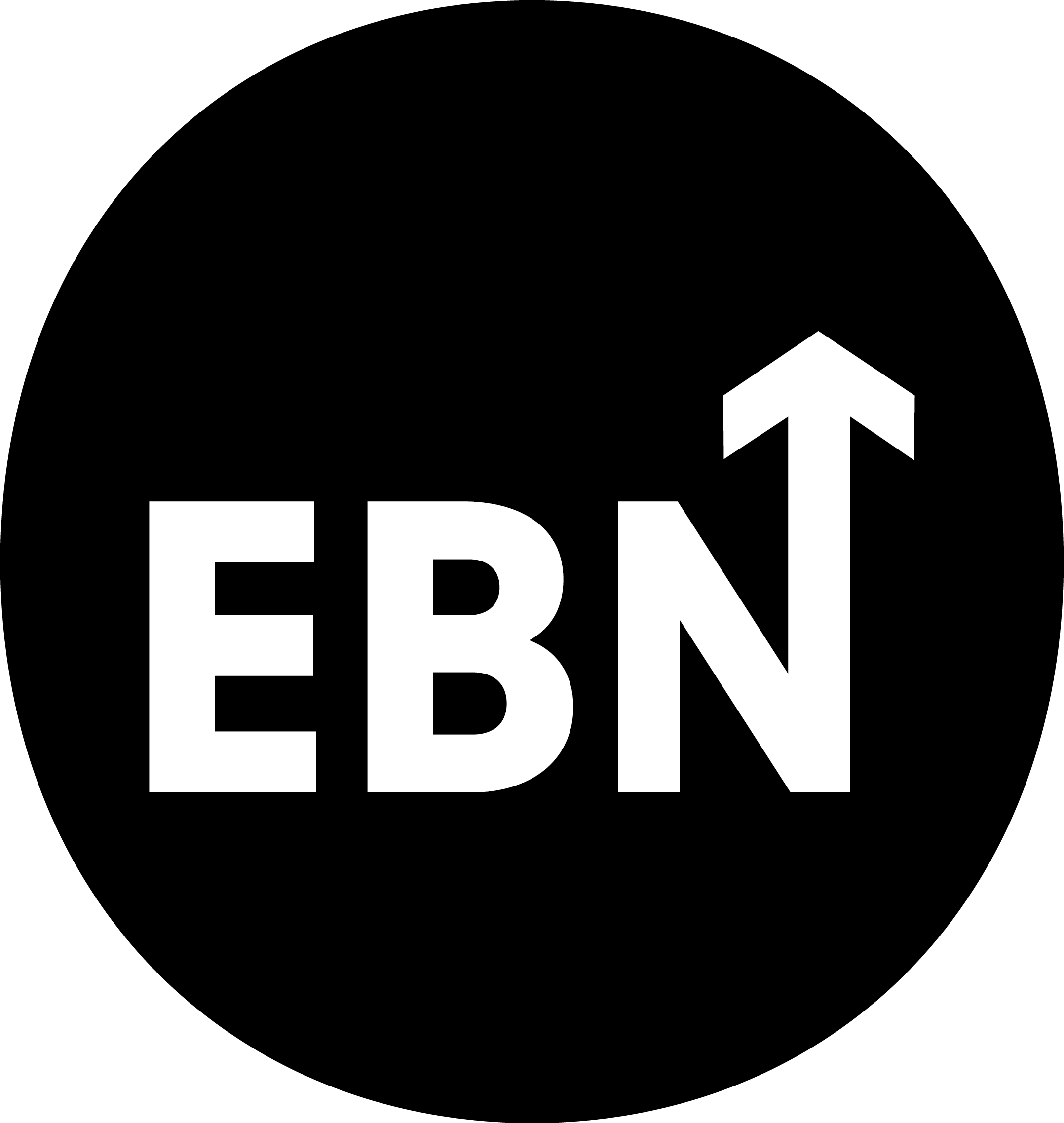Once upon a time, working in tech was the dream. Big salaries, smart colleagues, purposeful missions, even kombucha on tap. Now? Well, it’s still the dream... kind of... just one that occasionally veers into the surreal when the CEO opens their mouth.
In recent months, a handful of tech titans have reminded us that while they may be brilliant strategists or visionaries (debatable), they’re also just people. People who, when handed a microphone, sometimes say things that would make even a mid-level comms manager hot around the collar.
Momentum isn’t always progress, especially when you always end up back where you started.
Fathom helps you escape the loop. With insight, not intuition.
Let’s take a quick look at some of the recent highlights. Or lowlights. Depending on which side of the hiring fence you’re sitting.
Jensen Huang (Nvidia): The Billionaire Whisperer
At a recent panel, Nvidia’s CEO Jensen Huang calmly reassured the world not to worry about his senior leadership team. Why? Because he’d created...
“more billionaires on my management team than any CEO in history.”
Charming. Especially if you’re one of the thousands of employees below that gilded tier struggling with a cost of living crisis. Okay, most working at Nvidia might not be struggling but Jensen's words were still crass and not well thought through.
Huang’s point, to be fair, was about the power of small, elite teams. But the delivery? It came off less “visionary leader” and more “Bond villain at a shareholders’ dinner.” Good for the billionaires, less great for brand perception among, say, normal humans.
Satya Nadella (Microsoft): The Existential Memo
Over at Microsoft, Satya Nadella recently sent out a company-wide memo to explain why they were laying off 9,000 people during a time of record profits (that's north of 15000 layoffs so far in 2025 at Microsoft). He described it as...
“an enigma of success in an industry that has no franchise value.”
That’s one way to put it. Another way might be: “We’re printing money, but you’re still out of a job.”
The language was classic Nadella - thoughtful, introspective, and completely baffling to large swathes of his audience. Some employees appreciated the honesty... of soughts. Others - the majority it would seem - said it read like some kind of corporatised riddle.
If your staff need a philosophy degree to decode your redundancy memo, something’s probably got lost translation. As Einstein famously said, if you can’t explain it simply, you don’t understand it well enough.
Andy Jassy (Amazon): The AI Boomerang
Amazon’s Andy Jassy first warned that AI could eliminate vast numbers of jobs. A few months later, he suggested AI would actually “free up employees to focus on higher-value work.”
Right.
This is the corporate equivalent of “Don’t worry about the asteroid, just think how much time you’ll save not having to do expense reports.”
Jassy’s flip-flop reflects a broader issue in tech leadership: saying things that sound smart in a keynote but create mass panic among the rank and file.
Business Insider reported that, following Jassy's email stating jobs would be lost to AI, employees responded with alarm and Slack was filled with fear and concern...
“There is nothing more motivating on a Tuesday than reading that your job will be replaced by AI in a few years.”
... was one example. Others criticized that the message prioritized efficiency over employee morale. And I'd say they had a fair point.
Helping HR, talent acquisition, employer branding, and company culture professionals find careers worth smiling about.
Dario Amodei (Anthropic): The Culture Guy
Credit where it’s due, Amodei has consistently avoided the temptation to join Silicon Valley’s talent arms race. He even warned that huge salary spikes, like those reportedly offered by Meta - now reaching 1 billion - could “destroy company culture.”
You can see his point. But it’s also a bit like warning your housemates not to date anyone attractive because it might ruin your board game nights.
Still, he’s made a clear stand: mission over money. It won’t appeal to everyone, but at least it’s coherent and noble. And that’s something.
More on Anthropic’s stand here.
What’s Going On Here?
Sure, there has always been the odd CEO gaff, they’re nothing new. But have they ever come so thick and fast? A new problem of our times, perhaps? These blunders certainly show that, in an age of radical transparency and AI-powered reputation loops, the stuff that CEOs say - on panels, in memos, in offhand comments to journalists - matters.
It shapes how employees feel about working there. It influences who applies. It affects whether people stick around when the recruiter from DeepMind comes calling.
Gone are the days when a CEO could say something daft at Davos and it would only make it into three trade publications and a cocktail party. Now it’s clipped, memed, turned into TikToks, and, crucially, piped straight into the AI models that future talent will consult before ever looking at your careers page.
Check out what you need to know about Generative Engine Optimization (GEO).
What Other Industries Can Learn
If you’re in FMCG, finance, healthcare, or frankly anything that doesn’t involve shipping code or chips, you might be tempted to shrug and say: “Well, that’s tech for you.”
But don’t be so sure. These lessons travel.
What Not to Do:
- Don’t make it sound like you only value your C-suite (unless you enjoy Glassdoor reviews that read like Marxist pamphlets).
- Don’t talk in riddles when people are being made redundant.
- Don’t wildly change your position on existential threats without acknowledging the previous one.
- Don’t assume that because you’re smart, your words will always land smartly.
What You Should Do Instead:
- Say things like a human. Even better, like a decent human.
- If you’re cutting staff, explain it plainly and show empathy.
- Make sure your internal comms don’t read like failed TED Talks.
- Align your public statements with your employer brand. Always.
Final Thoughts
Tech may be ahead on AI and equity packages, but when it comes to leadership messaging, it’s often trailing behind in basic emotional intelligence.
Words matter, they shape perception. Perception drives reputation. Reputation attracts - or repels - talent.
If you’re a CEO reading this (or the poor soul cleaning up after one), remember: You don’t have to be boring. You just have to be better.
And maybe don’t brag about making billionaires when people ask about working conditions. It’s not the flex you think it is.
Takeaways
CEO communication directly impacts employer brand perception.
What leaders say in public shapes how talent views company culture, values, and stability.
Poor messaging undermines trust - even in high-performing companies.
Vague or boastful language around layoffs or compensation sends mixed signals to current and future employees.
Leadership tone must match organisational values.
If your EVP promises empathy and purpose, don’t let your CEO go rogue with contradictory statements.
Industries beyond tech should take note.
In every sector, executive language is now part of your recruitment marketing. Get it wrong, and your Glassdoor score won’t be the only thing tanking.
Balance ambition with humanity.
Mission-driven, human-centred leadership is increasingly what top talent seeks. Even in tech.







